History
We have specific aims for pupils leaving our school having experienced our history curriculum. We intend that all pupils understand and apply the fundamental principles and concepts of local, British, and world history, including chronology, continuity and change, cause and consequence, and historical significance. We ensure pupils can analyse the complexity of past societies, the diversity of human experiences, and the ways in which the past has shaped the present. This is part of our intent because, as a school, we recognise that we are preparing pupils to live and work in a diverse and interconnected world where understanding historical context and cultural heritage is increasingly important. Therefore, the development of transferable skills, such as critical thinking, interpretation of sources, and argumentation, forms a core principle in our history curriculum. We intend that pupils evaluate and apply known, new and unfamiliar historical knowledge and evidence analytically. However, we also recognise the school’s responsibility in preparing pupils to be informed, responsible, confident and respectful global citizens who understand the significance of history in shaping society and values.
Our history curriculum is designed to ignite children’s curiosity about the past and develop a coherent knowledge of history. We aim that in every history lesson children know more and remember more of our curriculum. Our history curriculum extends beyond the breadth of the National Curriculum to include a rich variety of engaging and exciting historical enquiries, the use of primary and secondary sources, visits to museums and historical sites, and opportunities to engage in historical debate and storytelling. This allows children to develop the transferable skills necessary for future success. This includes engaging with local, national and global historical contexts. Progression of knowledge, skills and vocabulary are all systematically planned so that by the end of Year 6, pupils are ready for the next stage of their education. The teaching of history in our school is intended to empower pupils with the declarative knowledge (knowing that) and procedural knowledge (knowing how) to enable thoughtful and informed understanding of the past. This knowledge is identified, sequenced and connected in the curriculum.
The knowledge and skills acquired in each year group is set out in our Progression of Knowledge and Skills document, which can be seen below.
